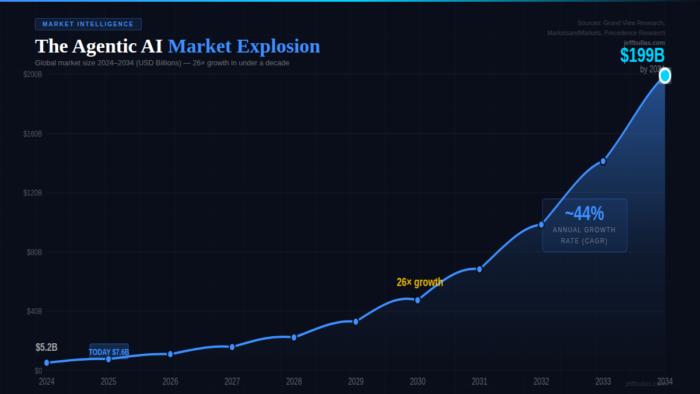Family gifts opened, Mum fell for holiday scam.
We need to be careful or it will ruin many Christmas mornings.

As I watched my brother unwrap his Christmas present from our mom, I could feel the tension in the room rising. Instead of the highly anticipated book, "The Siege" by Ben Macintyre, my brother was holding what appeared to be a lengthy Wikipedia entry about the same event, but churned out by AI. The opening sentence read, "I understand you're looking for a 3000-word foreword about the Iranian Embassy siege." My mom was understandably upset and embarrassed, and I couldn't blame her.
It was clear that books generated by AI were becoming more prevalent, and unfortunately, this was just the beginning of what I would come to discover was a growing trend of literary scamming. It's a shame that this is the future we're facing, and if we're not careful, it's going to ruin many Christmas mornings for unsuspecting gift recipients. In my family, getting everyone together in December has become a logistical nightmare, similar to organizing the G7 or an Oasis reunion.
In recent years, we've opted to celebrate our family Christmas early, giving us the freedom to spend the actual holiday in our own separate homes. This year, we gathered on the last Saturday of November, and for the most part, the day went as expected. There were the usual mishaps, like the oven breaking, bickering over seating arrangements, and tactful attempts to refill each other's glasses.
But then, my brother opened his gift and everything changed. At first glance, the book, titled "The Siege That Shocked Britain - London's Iranian Embassy, 1980," looked legitimate enough. However, upon closer inspection, it was clear that something was off.
The cover, although convincing from a distance, had that uncanny AI quality up close, with indistinct faces and strange-looking hands. The writing inside was even more alarming, with repetitive and dramatic paragraphs that felt almost nonsensical. It was a crushing experience to watch my brother open his gift, knowing that it was a fake.
It was beyond awkward, and I felt for my mom, who was more indignant than embarrassed. If this had been the only incident of the day, perhaps we could have laughed it off and made it into a funny story to tell every Christmas. But then, my sister-in-law opened her gift, a copy of the new Cher memoir, only to find that the words inside were just as robotic as the vocals in her hit song, "Believe." It turns out that my mom had been scammed not once, but twice.
She had paid £12.99 for each book, thinking she was getting a great deal. However, it wasn't her fault. Amazon's marketplace is flooded with what appear to be AI-generated books, with search-optimized titles like "Miranda Hart New Book 2024: The Unseen Side of Comedy's Beloved Star" by Blake K.
Bourne. These books look professional from a distance, and at a slightly cheaper price, making them an easy target for those of us rushing through our Christmas shopping. My mom, who is only 66 and usually sharp as a tack, fell victim to this scam simply by searching for affordable titles that looked like they would make great gifts.
When we tried to track down who had sold these fake books to my mom, the Amazon accounts had already disappeared. It's a frustrating situation, and as an author myself, it's especially concerning. I know the amount of time and effort that goes into writing a book, and the thought of someone creating one with a few prompts and no real research or writing skills is disheartening.
Not to mention, it's dangerous. We're in the midst of a misinformation crisis, and the fact that AI can "hallucinate" its own information to fill gaps is a cause for concern. If this information is then scraped and used to train the next generation of AI, it could have serious consequences for both writers and consumers.
The result of this trend is that books will become repetitive, with the same genetic stock being used over and over again, resulting in odd mannerisms and nonsensical content. Luckily, there are some red flags to watch out for when it comes to identifying fake books. Firstly, if a book is suspiciously cheaper than others in the same genre, it's best to be wary.
It's also important to check the publisher and look inside the book for any awkward sentences or repetitive phrasing. Reviews can also be a helpful tool, as sometimes there may be reviews that read like they were written by the same bot as the book itself. It's also worth researching the author, as most writers will promote their work online, and a lack of digital presence could be a warning sign.
In the end, it's best to judge a book by its cover. Fake books often have poor quality stock images or obvious AI-created art, and they will rarely have the same level of design and creativity as a book written by a human author. If it looks like it was put together using WordArt, it's probably not a bestseller.
Alternatively, to avoid falling victim to these scams altogether, consider buying books from a physical bookstore instead of online. We need to get better at recognizing AI-generated content, but as the technology improves, it will become increasingly difficult. For now, the best defense is to stay vigilant and keep an eye out for red flags.
By doing so, we can avoid awkward encounters and ruined Christmas gifts. Have you ever been scammed by AI? Share your experiences in the comments below.










